LES NOUVELLES DU PORT
Le bulletin mensuel des pêcheurs artisans Européens
PRINCIPAUX ÉVÉNEMENTS DU MOIS
Réunion avec DG Mare sur les questions relatives à la Mer Baltique
Le 4 Mars, LIFE a organisé une réunion avec la Direction Générale des Affaires Maritimes et de la 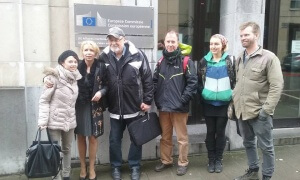 Pêche de la Commission Européenne (DG MARE), pour discuter des sujets d’intérêt pour les petits pêcheurs de la Mer Baltique Occidentale. Ont été présents à la réunion l’équipe de LIFE Bruxelles, Wolfgang Albrecht (Directeur LIFE, Allemagne), Katarzyna Wysocka (Directrice LIFE, Pologne), David Lange et Hanne Lyng Winter (représentant FSK, membre de LIFE au Danemark). La réunion, qui a eu lieu dans les locaux de DG Mare, a vu la présence de Bernard Friess, Responsable de Directorat C (Atlantique) et représentant du Directorat E (Mer Baltique) et de son équipe.
Pêche de la Commission Européenne (DG MARE), pour discuter des sujets d’intérêt pour les petits pêcheurs de la Mer Baltique Occidentale. Ont été présents à la réunion l’équipe de LIFE Bruxelles, Wolfgang Albrecht (Directeur LIFE, Allemagne), Katarzyna Wysocka (Directrice LIFE, Pologne), David Lange et Hanne Lyng Winter (représentant FSK, membre de LIFE au Danemark). La réunion, qui a eu lieu dans les locaux de DG Mare, a vu la présence de Bernard Friess, Responsable de Directorat C (Atlantique) et représentant du Directorat E (Mer Baltique) et de son équipe.
Les sujets principaux de la discussion ont été l’état des stocks, la fermeture de la pêche au cabillaud, la sélectivité et les prises accessoires dans la pêche au chalut, les exonérations pour la pêche industrielle, la nécessité d’un traitement plus équitable pour les pêcheurs artisans et la participation des pêcheurs artisans dans les Conseils Consultatifs. La réunion a été très positive, et M. Friess a suggéré de se réunir plus souvent avec LIFE et ses membres pour une mise à jour sur les sujets qui les concernent.
Conférence régionale CGPM «Construire un avenir pour la pêche durable à petite échelle dans la Méditerranée et la Mer Noire”
L’équipe de LIFE a participé à la Conférence Régionale sur la Petite Pêche dans la Méditerranée et la Mer Noire, organisée par la Commission Générale des Pêches pour la Méditerranée (CGPM) en partenariat avec la FAO et le Gouvernement Algerien (http://www.fao.org/gfcm/meetings/ssfconference2016/en/). La CGPM est l’Organisation Régionale de Gestion de la Pêche responsable pour la Méditerranée et la Mer Noire.
Le thème principal de l’évènement a été le renforcement d’un avenir durable pour la pêche artisanale en Méditerranée dans le cadre de la Croissance Bleue. D’autres sessions thématiques ont traité la 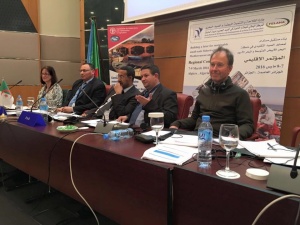 co-gestion, les Aires Marines Protégées [AMP], le rôle des petits pêcheurs dans la chaîne agroalimentaire, et la mise en œuvre des Directives Volontaires pour la Sécurisation Durable de la Petite Pêche (Directives SSF). Brian O’Riordan, directeur adjoint de LIFE, a eu le rôle d’orateur dans la session sur la petite pêche, avec une présentation sur “Les implications de la PCP réformée pour les pêcheurs artisans » tandis que Marta Cavallé, Coordonnatrice de LIFE pour la Méditerranée, a été interviewé par l’équipe média de l’événement.
co-gestion, les Aires Marines Protégées [AMP], le rôle des petits pêcheurs dans la chaîne agroalimentaire, et la mise en œuvre des Directives Volontaires pour la Sécurisation Durable de la Petite Pêche (Directives SSF). Brian O’Riordan, directeur adjoint de LIFE, a eu le rôle d’orateur dans la session sur la petite pêche, avec une présentation sur “Les implications de la PCP réformée pour les pêcheurs artisans » tandis que Marta Cavallé, Coordonnatrice de LIFE pour la Méditerranée, a été interviewé par l’équipe média de l’événement.
La réunion a également donné à LIFE l’opportunité d’avoir des échanges avec des décideurs, des partenaires internationaux, des pêcheurs de l’Afrique du Nord et de fixer une série de rendez-vous dans les mois à venir visant à renforcer sa stratégie pour la Méditerranée.
Réunion avec le Gouvernement du Royaume Uni
LIFE a récemment établit une collaboration étroite avec Amber Rudd, Secrétaire d’Etat pour l’Energie et le Changement Climatique et Membre du Parlement pour Hastings et Rye, sur la côte sud-est de l’Angleterre, afin d’organiser une réunion entre une des organisations membres LIFE au Royaume Uni, NUTFA (www.nutfa.org ), l’Organisation des Producteurs Côtiers The Coastal PO (http://fish.coop/ ) et le Ministre d’Etat pour l’Alimentation, Agriculture et Milieu Maritime, George Eustice MP.
La réunion, qui a eu lieu jeudi 10, a été suivie par Jerry Percy, Directeur Général de LIFE, et a couvert une gamme de sujets, y compris la récente décision impopulaire du gouvernement britannique d’i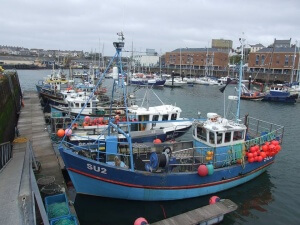 mposer un plafond sur les licences de pêche des navires de 10 mètres et moins, qui ont capturé moins de 350 kg d’espèces sous quotas au cours d’une période de référence (ce qui a été perçu par le gouvernement comme un manque de capacité au sein du secteur), la future gestion du bar à la lumière des contrôles supplémentaires récemment mis en œuvre, ainsi que l’augmentation de l’allocation des quotas accordée par le Ministre des Pêches, à la suite des actes de procédure de NUTFA et l’inutilité de l’application de règles pour la composition des captures dans le secteur côtier.
mposer un plafond sur les licences de pêche des navires de 10 mètres et moins, qui ont capturé moins de 350 kg d’espèces sous quotas au cours d’une période de référence (ce qui a été perçu par le gouvernement comme un manque de capacité au sein du secteur), la future gestion du bar à la lumière des contrôles supplémentaires récemment mis en œuvre, ainsi que l’augmentation de l’allocation des quotas accordée par le Ministre des Pêches, à la suite des actes de procédure de NUTFA et l’inutilité de l’application de règles pour la composition des captures dans le secteur côtier.
Malgré le mécontentement à l’égard de la question de la capacité latente, la réunion a été une réussite dans la mesure où le Ministre a témoigné tout son soutien à l’initiative de l’Organisation des Producteurs Côtiers, projet soutenu par ailleurs par les autres organismes présents à la réunion.
En plus de fournir un soutien à une organisation membre, la présence de LIFE à la réunion a permis de mieux comprendre le point de vue d’une administration d’un état membre à l’égard de la formation d’une OP côtière. Cette initiative est potentiellement bénéfique pour d’autres organisations membres, à travers l’Europe.
AUTRES ÉVÈNEMENTS AUTOUR DE L’UE
- Le Directeur Exécutif de LIFE a été invité par le Bord Iascaigh Mhara, le Conseil Irlandais de la Pêche Maritime, pour présenter LIFE et sa grande expérience dans les processus d’engagement des parties prenantes, au Forum du Réseautage Côtier Irlandais qui a eu lieu jeudi 3 à Galway, en Irlande. Suite à une rencontre réussie où il a été invité à présider la séance de clôture, il a également profité de l’occasion pour avoir une réunion formelle avec une organisation membre de LIFE, IIMRO (www.iimro.org).
- Le même jour, l’équipe de LIFE a été présente à l’évènement “Agriculture intelligente : dépasser les difficultés numériques dans l’UE’’, dans les locaux de Digital Europe, à Bruxelles. L’évènement a été l’occasion de sensibiliser le secteur de la Technologie, de l’Information et des Télécommunications sur l’importance de développer des outils et des services pour les petits producteurs, notamment en améliorant l’accès à la bande large et le développement de applications pour smartphones tournées à la production, la récolte de données et au marché.
- Alors que la plupart des productions des petits pêcheurs est vendue directement en tant que poisson frais entier, il y a des possibilités d’ajouter de la valeur à certaines espèces dans certaines régions. Voilà pourquoi Jerry Percy, Directeur Général de LIFE, a rencontré le 8 mars un transformateur dans le Devon qui traite uniquement des ressources pêchées de manière durable et artisanale, en collaboration avec le plus grand distributeur de paniers de fruits et légumes biologiques au Royaume-Uni, pour en savoir plus sur la variété des produits vendables et les chaînes d’approvisionnement. Les leçons apprises seront aussi utiles aux autres organisations membres, où qu’elles soient basées.
- Le Directeur Exécutif de LIFE a assisté à l’événement “Blue New Deal” qui a eu lieu mercredi 9 mars à Londres et a été axé sur l’amélioration de la résilience des communautés côtières. Blue New Deal est une initiative promue par la New Economics Foundation, qui vise à améliorer l’économie des communautés côtières du Royaume-Uni par le biais d’un environnement marin sain (bluenewdeal.org). Ceci est un autre exemple ou LIFE étudie des meilleures pratiques pour les répliquer à travers l’Europe.
- Le 10 Mars, le Directeur Général de LIFE a assisté à la réunion du projet C-Bass à Londres (de sea bass, bar en français). C-Bass est un projet de collaboration entre des scientifiques de la pêche provenant de la France et d’Angleterre qui essayent à en savoir d’avantage sur la biologie, les mouvements et les activités de frai liées aux espèces. Ceci est particulièrement important pour les opérateurs de petite échelle, dont beaucoup, surtout au Royaume-Uni, Pays-Bas et en France, comptent sur ces espèces comme source importante de leur revenu.
- LIFE a participé à deux réunions des groupes du travail (sur les rejets et poissons pélagiques) du Conseil Consultatif de la Méditerranée (MEDAC), le 15 et 16 Mars à Almeria, en Espagne. La délégation de LIFE comprenait aussi des représentants de Pescartes, une organisation membre de LIFE située sur la côte méditerranéenne espagnole. Les principaux thèmes abordés ont été les périodes de fermeture de la pêche à l’espadon et la mise en œuvre de l’obligation de débarquement pour les espèces démersales en 2017. La réunion a également donné à LIFE la possibilité de se présenter aux membres du MEDAC.
- LIFE a assisté à l’audience “Un Nouveau Cadre pour les Mesures Techniques” qui a eu lieu au Parlement Européen le 21 mars. L’événement, organisé par la commission PECH (http://www.europarl.europa.eu/committees/en/pech/members.html ), a été probablement le premier débat public sur la nouvelle proposition du Règlement sur les Mesures Il a mis en évidence un consensus général parmi les parties prenantes pour une approche plus régionalisée dans la définition et la mise en œuvre des mesures de conservation. L’UE devrait, en effet, fixer les objectifs généraux, mais les mesures spécifiques devraient être décidées au niveau local du moment que l’expérience du passé a démontré qu’une approche généralisée ne peut fonctionner. Les conférenciers venaient du secteur industriel, à l’exception d’un professeur de Croatie. Bien qu’il ait été le seul à défendre les petits pêcheurs, plusieurs eurodéputés ont également souligné la nécessité d’une approche différenciée dans les règlements pour la petite pêche.
NOUVELLES DE NOS MEMBRES
- Asoar Armega réussi contre le projet de loi sur l’aquaculture !
Asoar Armega (http://asoararmega.es), une organisation membre LIFE située en Galice, en Espagne, a participé à un mouvement régional exigeant le rejet d’un projet de loi controversé sur l’aquaculture. À la suite de leurs protestations, le projet de loi a été retiré par le président galicien, “jusqu’à ce qu’il y ait le soutien du secteur”!
En décembre 2015, les autorités galiciennes ont, en effet, rédigé un projet de loi sur l’aquaculture, visant à transformer le secteur traditionnel de la cueillette des mollusques dans un secteur d’aquaculture moderne, et de privatiser les zones côtières à travers l’octroi des concessions pour l’aquaculture industrielle sur 20 ans! Après plusieurs mois de bataille, manifestations et grèves, en février 2016, la communauté galicienne a réussi à convaincre les autorités de retirer le projet de loi, qui aurait détruit les moyens de subsistance traditionnels des communautés locales de pêcheurs. (http://www.efeagro.com/noticia/galicia-anula-su-proyecto-de-ley-para-la-acuicultura/). Grâce au travail et à l’engagement de la communauté locale, en mars, les autorités galiciennes ont décidé de réorienter les investissements, totalisant 18 millions d’euros, aux secteurs de la pêche artisanale et la cueillette de mollusques.
- L’Assemblée Générale de la Plateforme de la Petite Pêche Artisanale Française
LIFE a assisté à l’Assemblée Générale de Plateforme de la Petite Pêche Artisanale Française (PPPAF) qui a eu lieu le 1er mars à Paris, à l’Aquarium de la Porte Dorée. L’Assemblée a été l’occasion d’examiner le travail important réalisé à la fin de l’année dernière sur le bar, travail qui a permis aux petits pêcheurs de France, du Royaume-Uni et de Pays-Bas d’obtenir un certain nombre d’avantages convenus par le Conseil des Ministres de décembre. En particulier:
- Le Conseil a décidé une fermeture de 6 mois pour la pêche au bar (janvier-juin), avec une dérogation pour les ligneurs et les fileyeurs fixes, qui ont été limités à deux mois, de février à mars.
- Les ligneurs et les fileyeurs fixes ont bénéficié d’une limite de capture mensuelle de 1,3 tonnes. Les chalutiers et autres utilisateurs d’engins mobiles sont limités à 1 tonne par mois pendant la saison ouverte et jusqu’à 1% de la biomasse totale débarquée comme prises accessoires de bar dans la période de fermeture.
Vu les résultats positifs de la collaboration, les deux organisations continueront à travailler ensemble au cours de l’année sur un certain nombre d’initiatives politiques et de communication.
- Le Directeur LIFE de France dans le jury du concours Olivier Roelinger
Gwen Pennarun, Directeur de LIFE de France et président de l’Association des Ligneurs de la Pointe de Bretagne, a participé comme membre du jury du concours Roelinger Olivier pour la préservation des ressources marines, organisée par SeaWeb Europe le 23 mars. Des étudiants en restauration d’Autriche, Belgique, France, Allemagne, Irlande, Luxembourg, Pays-Bas, Royaume-Uni et Suisse ont au concours à Dinard, France, en présentant leurs recettes à base de poissons durable. Le concours encourage la sensibilisation des jeunes chefs sur l’épuisement des ressources marines – la prochaine génération de chefs aura un rôle vital dans la préservation des ressources en promouvant des espèces durables et de poisson pauvre (http://www.seaweb-europe.org/IMG/pdf/gb_2016_web.pdf).
- LIFE’s Director from France member of the jury in the Olivier Roelinger Contest
Gwen Pennarun, LIFE’s Director from France and Chair of the Cape Brittany Liners Association, participated in the jury in the Olivier Roelinger Contest for the Preservation of Marine Resources, organised by SeaWeb Europe on 23rd of March. Catering students from Austria, Belgium, France, Germany, Ireland, Luxembourg, The Netherlands, UK and Switzerland competed in Dinard, France, presenting their own recipes using fish from sustainable sources. The contest encourages awareness amongst young chefs of the continued depletion of marine resources – the next generation of chefs have a vital role to play in preserving resources by promoting sustainable, and often lesser known species. ( http://www.seaweb-europe.org/IMG/pdf/gb_2016_web.pdf )
BENVENUE A BORD!
En plus des membres qui ont rejoint LIFE depuis le début de l’année 2016 (Pescartes (Espagne), FSK (Danemark), les Pêcheurs de Freest (Allemagne), IIMRO (Irlande), les Pêcheurs de Pantelleria (Italie), NetVISwerk (Pays-Bas), les organisations suivantes sont devenues officiellement membres de LIFE ce mois-ci:
- La Federation des Caseyeurs d’Ecosse
(Scottish Creel Fishermen’s Federation – SCFF )
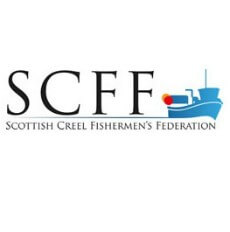
SCFF est l’association commerciale nationale pour l’industrie de la pêche aux casiers. Cette forme traditionnelle et durable de la pêche côtière de crustacés est vitale pour les communautés vivant sur la côte de l’Ecosse. LIFE accueille ses 1200 membres et est impatiente de commencer une fructueuse coopération !
- Syndicat Professionnel des Pêcheurs Petits Métiers,
Languedoc Roussillon (SPMLR – France)
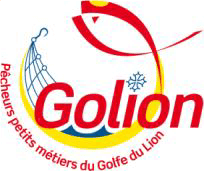 Représentant les petits pêcheurs de la région Languedoc-Roussillon, SPMLR est un syndicat fort et indépendant qui travaille en coopération avec plusieurs institutions et organisations professionnelles. Il gère avec succès le projet d’étiquetage Golion (www.golion.fr), qui permet d’informer le public sur l’importance de la pêche artisanale et de ses excellents produits frais et locaux. LIFE est heureuse d’accueillir ses 150 membres, tous des pêcheurs artisanaux engagés et dévoués qui méritent de voir leur travail reconnu au niveau européen.
Représentant les petits pêcheurs de la région Languedoc-Roussillon, SPMLR est un syndicat fort et indépendant qui travaille en coopération avec plusieurs institutions et organisations professionnelles. Il gère avec succès le projet d’étiquetage Golion (www.golion.fr), qui permet d’informer le public sur l’importance de la pêche artisanale et de ses excellents produits frais et locaux. LIFE est heureuse d’accueillir ses 150 membres, tous des pêcheurs artisanaux engagés et dévoués qui méritent de voir leur travail reconnu au niveau européen.
Ce bulletin de Mars est un simple aperçu de nos activités extérieures. En outre, le personnel de LIFE au Royaume-Uni, à Bruxelles et en Espagne répond à une vaste gamme de questions liées à notre secteur et continue de développer et promulguer des politiques liées à la petite pêche.
Nos directeurs régionaux, tous des petits pêcheurs, favorisent également les valeurs et les avantages de la pêche côtière.
Vous avez besoin des informations supplémentaires sur un événement, un projet ou initiative spécifique? N’hésitez pas à nous contacter à communications@lifeplatform.eu.
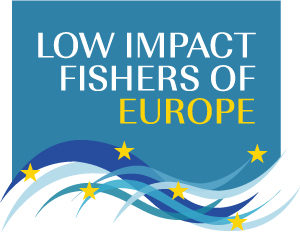
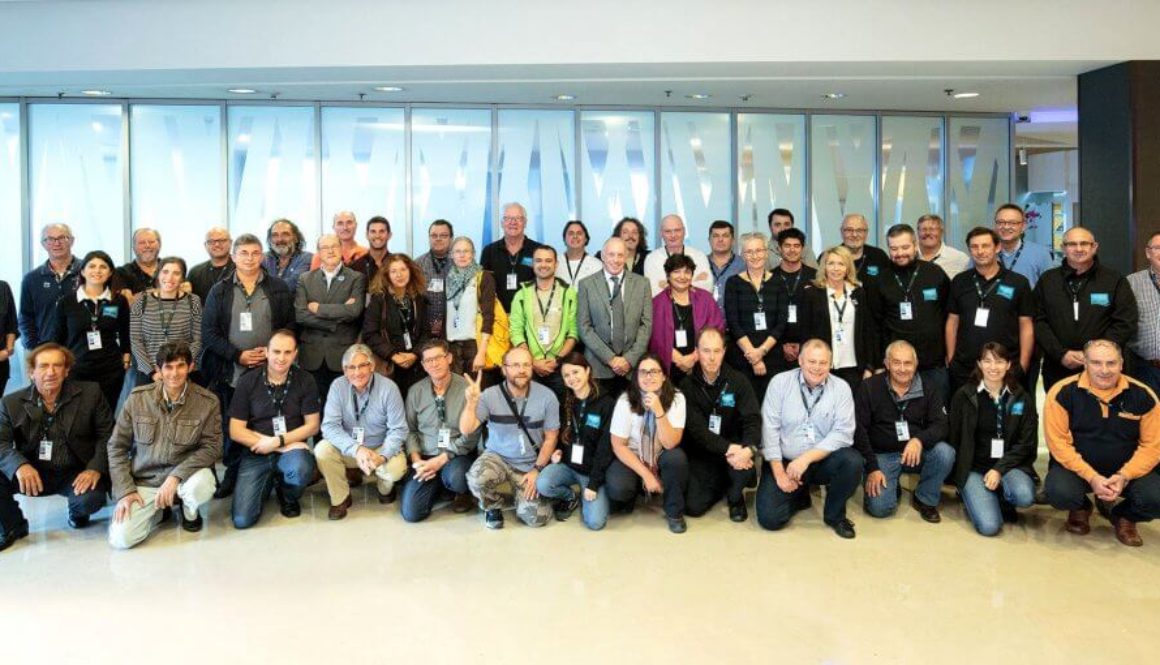
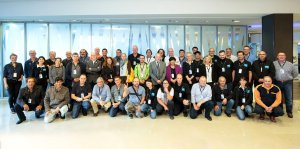
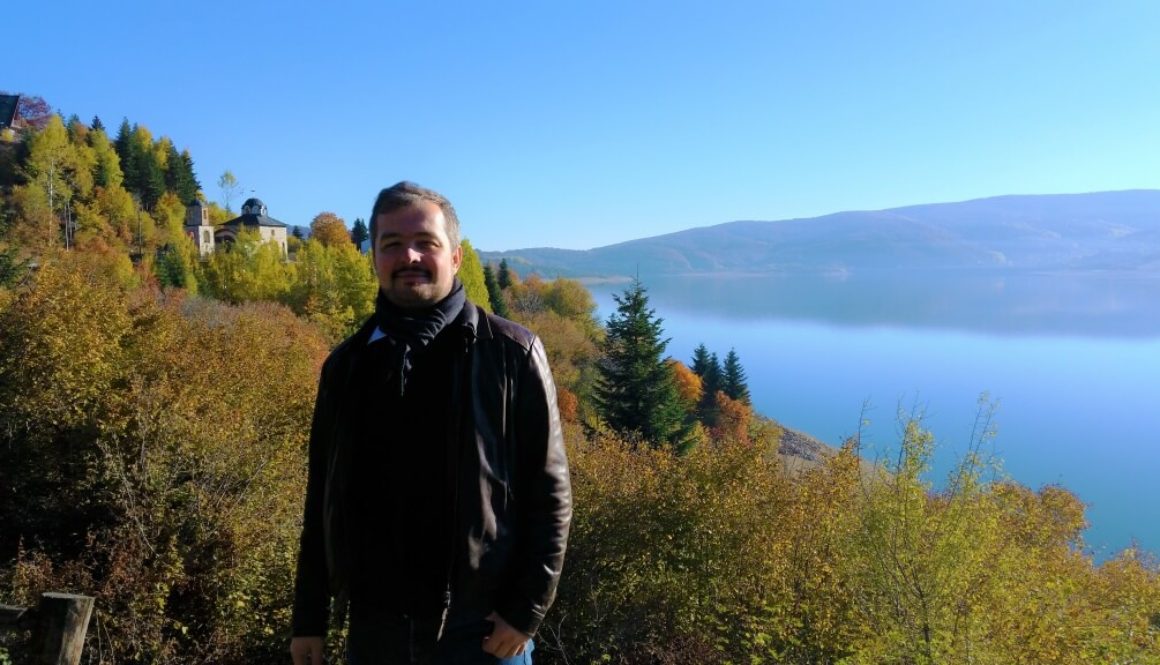
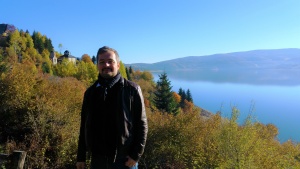
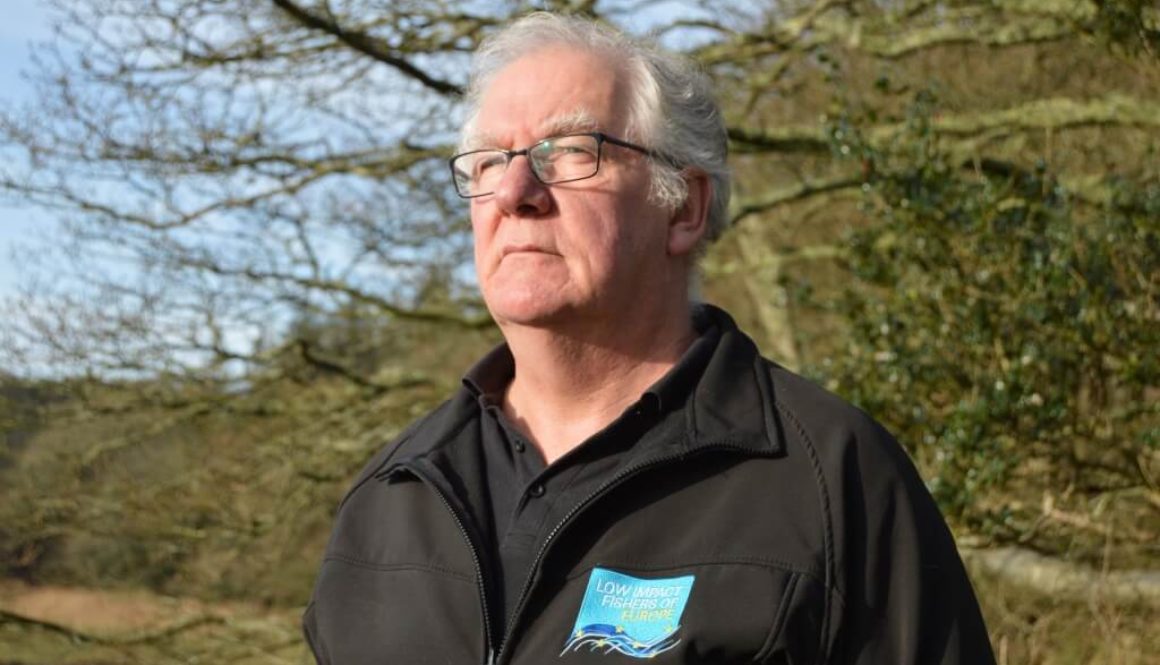
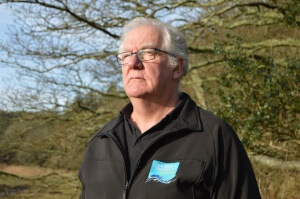
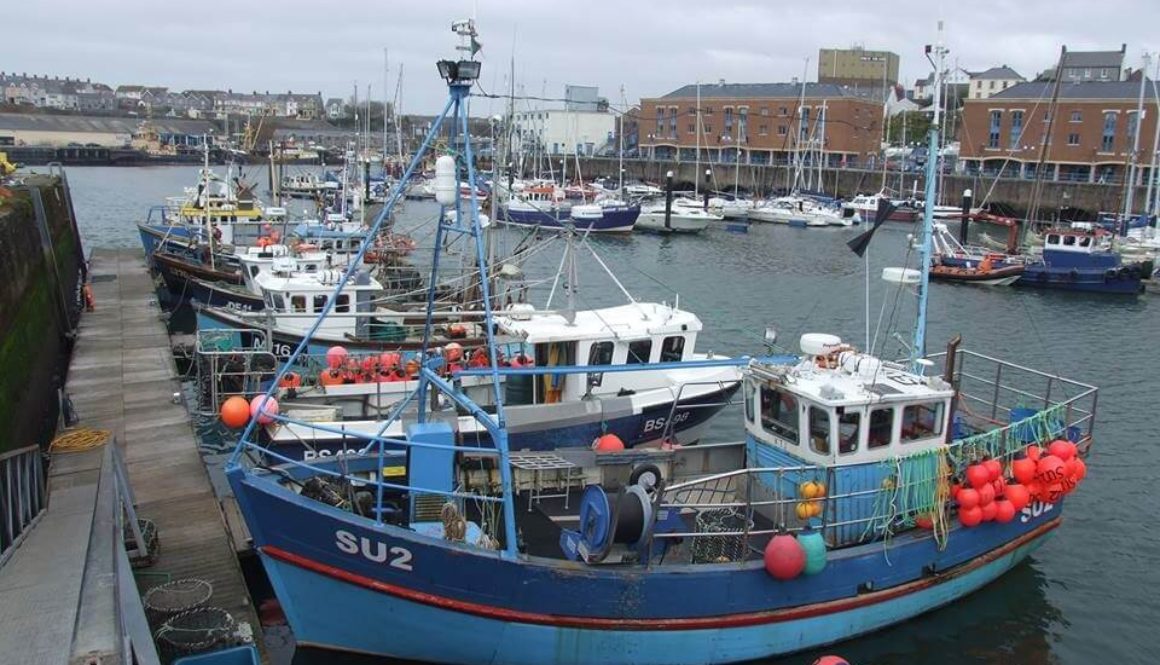
 escala en el oeste del Mar Báltico. La reunión contó con la participación del personal de LIFE de la oficina de Bruselas, Wolfgang Albrecht (Director de LIFE, Alemania), Katarzyna Wysocka (Director de LIFE, Polonia), David Lange y Hanne Lyng Winter (en representación de FSK – Dinamarca, un miembro de LIFE). La reunión fue organizada por la DG Mare, con Bernard Friess, Jefe de la Dirección C (Atlántico), Jefe de la Dirección E (Mar Báltico) y su personal.
escala en el oeste del Mar Báltico. La reunión contó con la participación del personal de LIFE de la oficina de Bruselas, Wolfgang Albrecht (Director de LIFE, Alemania), Katarzyna Wysocka (Director de LIFE, Polonia), David Lange y Hanne Lyng Winter (en representación de FSK – Dinamarca, un miembro de LIFE). La reunión fue organizada por la DG Mare, con Bernard Friess, Jefe de la Dirección C (Atlántico), Jefe de la Dirección E (Mar Báltico) y su personal. el contexto del crecimiento azul fue uno de los temas principales de la reunión. Otros paneles temáticos incluyeron la cogestión, las Áreas Marinas Protegidas [AMP], el papel de los pescadores de pequeña escala en la cadena de valor, y la aplicación de las Directrices voluntarias para Garantizar la pesca de pequeña escala (Directrices SSF). Brian O’Riordan, Director Adjunto de LIFE, fue ponente en el panel relativo a la pesca a pequeña escala, e hizo una presentación sobre “las implicaciones de la reformada PPC para los pescadores de pequeña escala” y Marta Cavallé, Coordinadora de LIFE en el Mediterráneo fue entrevistada por el equipo oficial de comunicación del evento.
el contexto del crecimiento azul fue uno de los temas principales de la reunión. Otros paneles temáticos incluyeron la cogestión, las Áreas Marinas Protegidas [AMP], el papel de los pescadores de pequeña escala en la cadena de valor, y la aplicación de las Directrices voluntarias para Garantizar la pesca de pequeña escala (Directrices SSF). Brian O’Riordan, Director Adjunto de LIFE, fue ponente en el panel relativo a la pesca a pequeña escala, e hizo una presentación sobre “las implicaciones de la reformada PPC para los pescadores de pequeña escala” y Marta Cavallé, Coordinadora de LIFE en el Mediterráneo fue entrevistada por el equipo oficial de comunicación del evento. e temas, incluyendo la no deseada reciente decisión del Gobierno del Reino Unido de imponer un límite a las licencias de pesca a los buques menores de 10 metros que capturaron menos de 350 kg de especies sometidas a cuota durante el período de referencia, para hacer frente a la capacidad latente percibida dentro de este sector, la futura gestión de la lubina con respecto a los efectos de los controles adicionales implementada recientemente, el alcance y la magnitud de los incrementos de cuota proporcionados por el Ministro de Pesca como consecuencia de los alegatos de NUTFA y el uso innecesario de las reglas de composición de las capturas de la flota de bajura.
e temas, incluyendo la no deseada reciente decisión del Gobierno del Reino Unido de imponer un límite a las licencias de pesca a los buques menores de 10 metros que capturaron menos de 350 kg de especies sometidas a cuota durante el período de referencia, para hacer frente a la capacidad latente percibida dentro de este sector, la futura gestión de la lubina con respecto a los efectos de los controles adicionales implementada recientemente, el alcance y la magnitud de los incrementos de cuota proporcionados por el Ministro de Pesca como consecuencia de los alegatos de NUTFA y el uso innecesario de las reglas de composición de las capturas de la flota de bajura. viven alrededor de la costa de Escocia. ¡LIFE recibe a sus 1200 miembros y está a la espera de iniciar una cooperación fructífera!
viven alrededor de la costa de Escocia. ¡LIFE recibe a sus 1200 miembros y está a la espera de iniciar una cooperación fructífera! SPMLR es un sindicato fuerte e independiente que trabaja en cooperación con una serie de instituciones y organizaciones profesionales. Gestiona con éxito el proyecto de etiquetado Golion (
SPMLR es un sindicato fuerte e independiente que trabaja en cooperación con una serie de instituciones y organizaciones profesionales. Gestiona con éxito el proyecto de etiquetado Golion (